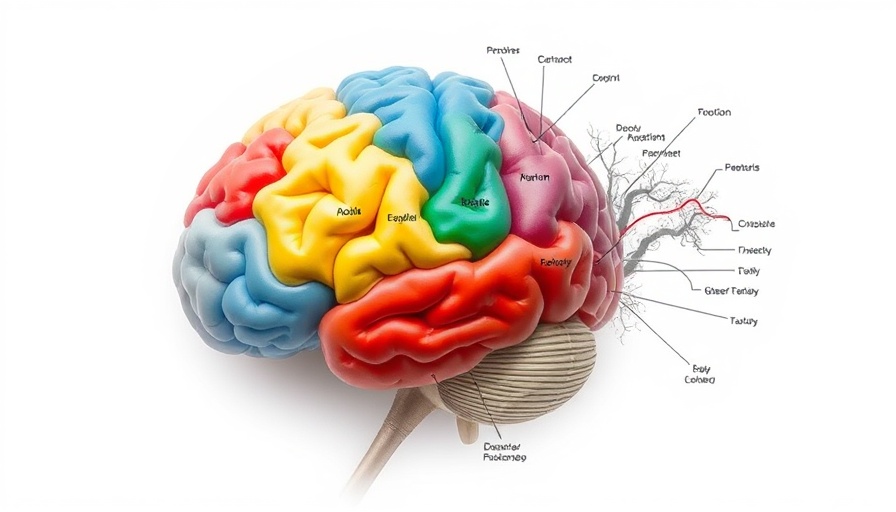
The Neurobiological Secrets of Morning People and Night Owls
Everyone knows someone who springs out of bed at dawn, eager to seize the day. Conversely, there are those who thrive in the late hours, often finding their energy peaks as others wind down. Understanding the science behind these differences, or chronotypes, could significantly impact how we approach sleep, health, and overall well-being.
What Are Chronotypes and Why Do They Matter?
Chronotypes refer to our biological predispositions for sleep and activity times. They significantly shape our lifestyles, affecting our productivity, mood, and health. Recent research indicates that being a 'morning person' or 'night owl' is stronger than just a matter of preference; it’s rooted in brain structure and function. Studies have shown that night owls are often at higher risk for mental health issues such as depression and anxiety, alongside physical health concerns.
New Insights from Recent Research
New findings from a study conducted by McGill University and published in Nature Human Behavior shed light on the biological foundations of chronotypes. Researchers discovered specific neural characteristics associated with being a morning or evening person. Significant correlations were found linking certain brain areas with sleep patterns, emotional regulation, and reward processing.
Research leader Le Zhou noted, “Night owls often exhibit unhealthier lifestyle habits... their neurobiological underpinnings remain elusive.” Ultimately, the study underscores how ingrained these patterns are and can inform future interventions tailored to promote better sleep hygiene.
Chronotypes and Daily Life: Understanding Their Impact
The implications of this research are profound. If lifestyle interventions could be informed by our chronotype, it could foster healthier habits and potentially mitigate health risks. For those battling sleep disorders, understanding whether you lean more toward morning or evening activity can guide your approach to improving sleep quality. Taking advantage of your natural inclinations may help establish a routine that encourages better recovery and rejuvenation.
Healthy Sleep Strategies for Every Chronotype
For morning types, maximizing daylight exposure and establishing a consistent bedtime can enhance sleep quality. Simple practices like limiting screen time before bed, engaging in relaxing activities, and creating a calming sleep environment can lead to better recovery and overall health.
Night owls, however, can adopt tips tailored to their schedules. Gradually adjusting sleep times, practicing relaxation techniques in the evenings, and utilizing light therapy for mood enhancement can lead to better sleep outcomes.
Embracing Your True Self: The Emotional Aspect
Understanding one’s chronotype transcends mere sleep science. It ties into mental well-being and emotional health. Acknowledging that it's normal to have these preferences can alleviate pressure and stigma often faced by individuals who feel out of step with conventional schedules. Creating routines that align with one’s natural sleep tendencies fosters a sense of acceptance and positivity.
Taking Action for Better Sleep and Mental Health
As we embrace our chronotypes to shape our daily lives, it’s vital to remain proactive about sleep health. This involves not just implementing better sleep practices but prioritizing mental health awareness. Individuals can benefit from resources such as sleep clinics or even mental health professionals who understand the links between sleep habits and emotional health.
It’s more than just sleeping patterns; it’s about understanding ourselves, our habits, and ultimately fostering a life that reflects our true needs—whether we rise with the sun or burn the midnight oil.
 Add Row
Add Row  Add
Add 




 Add Row
Add Row  Add
Add 

Write A Comment